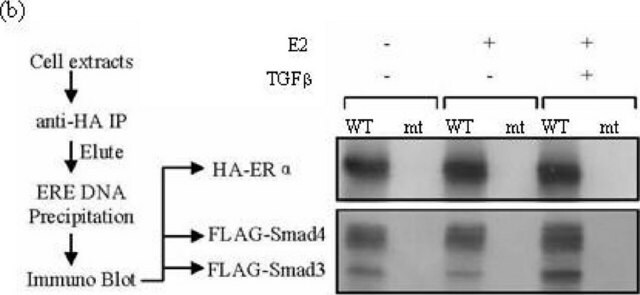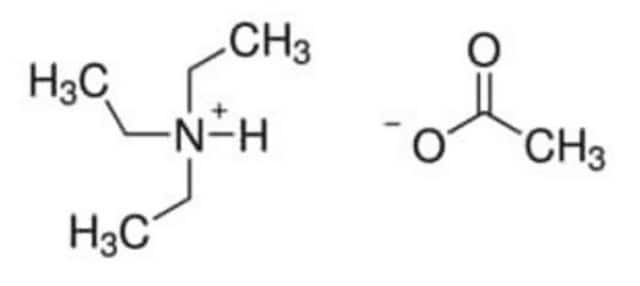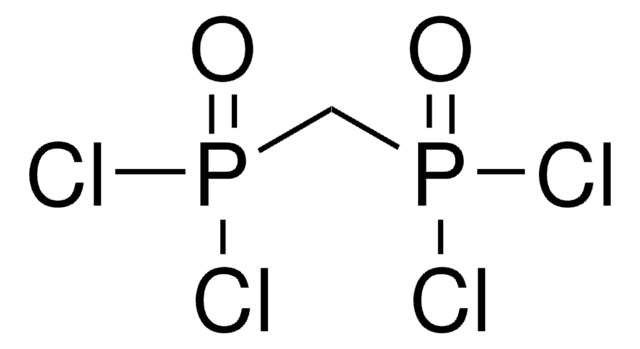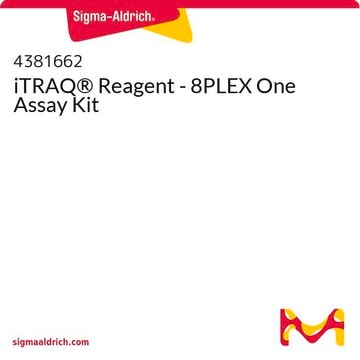T7408
Triethylammonium bicarbonate buffer
1.0 M, pH 8.5±0.1
Synonym(s):
Triethylammonium hydrogen carbonate buffer
About This Item
Recommended Products
form
liquid
storage condition
(Tightly closed)
concentration
1.0 M
color
colorless
pH
8.5±0.1
density
1.02 g/mL at 25 °C (lit.)
suitability
suitable for LC-MS
suitable for mass spectrometry
application(s)
diagnostic assay manufacturing
microbiology
sample preparation
storage temp.
2-8°C
SMILES string
OC(O)=O.CCN(CC)CC
InChI
1S/C6H15N.CH2O3/c1-4-7(5-2)6-3;2-1(3)4/h4-6H2,1-3H3;(H2,2,3,4)
InChI key
AFQIYTIJXGTIEY-UHFFFAOYSA-N
Looking for similar products? Visit Product Comparison Guide
Related Categories
Application
It has also been used:
- in trypsin digestion
- as a component of lysis buffer
- to adjust the pH of buffer for protein quantification
Biochem/physiol Actions
Other Notes
comparable product
Storage Class
10 - Combustible liquids
wgk_germany
WGK 3
flash_point_f
Not applicable
flash_point_c
Not applicable
ppe
Eyeshields, Gloves, type ABEK (EN14387) respirator filter
Certificates of Analysis (COA)
Search for Certificates of Analysis (COA) by entering the products Lot/Batch Number. Lot and Batch Numbers can be found on a product’s label following the words ‘Lot’ or ‘Batch’.
Already Own This Product?
Find documentation for the products that you have recently purchased in the Document Library.
Customers Also Viewed
Our team of scientists has experience in all areas of research including Life Science, Material Science, Chemical Synthesis, Chromatography, Analytical and many others.
Contact Technical Service













